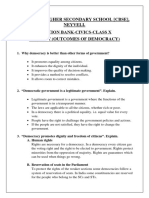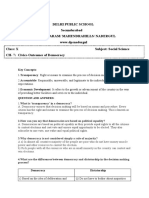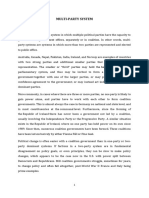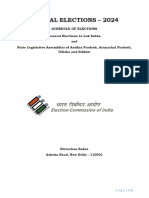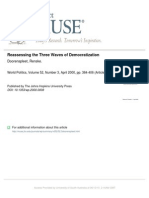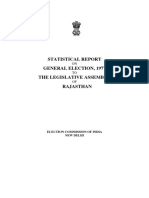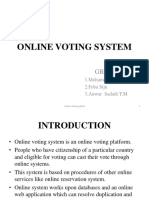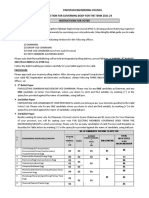0% found this document useful (0 votes)
42 views3 pagesC1 Democracy Why and How
The document is a question bank for Class IX Civics, focusing on the lesson 'What is Democracy? Why Democracy?'. It includes assertion and reasoning questions, multiple choice questions, and subjective questions related to the principles and features of democracy. The content aims to assess students' understanding of democratic concepts and their implications in various contexts.
Uploaded by
krasanravi10Copyright
© © All Rights Reserved
We take content rights seriously. If you suspect this is your content, claim it here.
Available Formats
Download as DOCX, PDF, TXT or read online on Scribd
0% found this document useful (0 votes)
42 views3 pagesC1 Democracy Why and How
The document is a question bank for Class IX Civics, focusing on the lesson 'What is Democracy? Why Democracy?'. It includes assertion and reasoning questions, multiple choice questions, and subjective questions related to the principles and features of democracy. The content aims to assess students' understanding of democratic concepts and their implications in various contexts.
Uploaded by
krasanravi10Copyright
© © All Rights Reserved
We take content rights seriously. If you suspect this is your content, claim it here.
Available Formats
Download as DOCX, PDF, TXT or read online on Scribd
/ 3







